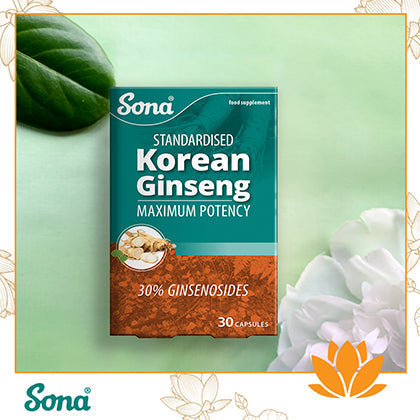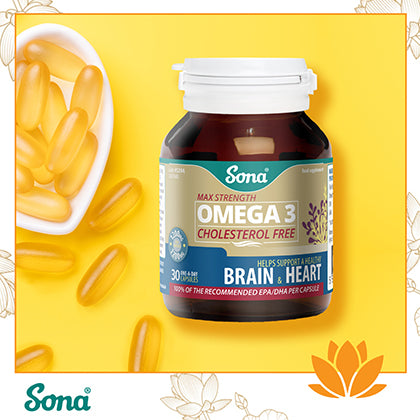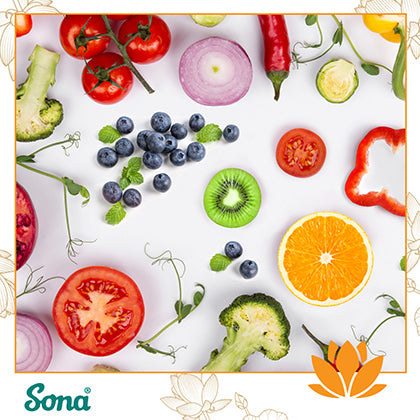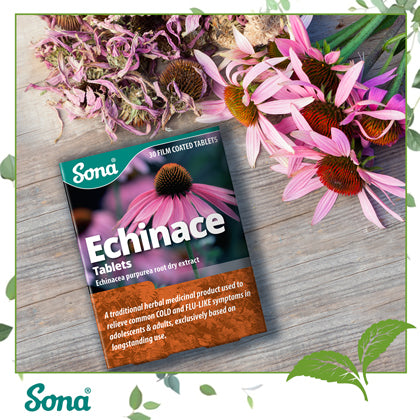Health News & Info
Struggling to focus? This might help.
Finding it difficult to focus? We all go through periods where we find it difficult to maintain concentration levels, especially during busy work periods or during exam season. In this blog we discuss ways to get back on track, banish brain fog and boost concentration levels. Sleep We all know how important sleep is for our health, and can notice the difference when we do not get our full eight hours, so imagine how much of an impact this can have on our concentration levels. Studies have shown that sleep deprivation can make it difficult for us to focus and...
4 Brain Boosting Benefits of Omega-3 Fatty Acids
Omega-3 fatty acids are critical to many aspects of health. They are classified as an essential fatty acid (EFA) since they are necessary for health and cannot be made by the body. Omega-3 fatty acids are a type of polyunsaturated fatty acid (PUFA). Unsaturated fatty acids are considered as “good” fats, as they can play an abundant of favourable roles within the body. Omega 3 fatty acids are exceptionally important for brain health and can help to prevent and may help to treat some neurological conditions. Below includes 3 brain benefits of omega-3 fish oils. Reduce feelings of anxiety...
The Top 3 Most Important Micronutrients For A Healthy Brain
Micronutrients are a very important component of our diet. While we only require them in very small quantities, western diets have caused an increase in micronutrient deficiency in the western world. This can have detrimental effects on how our body works, including how our brain works. In this article we describe three micronutrients which the general population are most at risk of deficiency of and why these nutrients are so important for our brain health. Magnesium Magnesium is an important nutrient for preventing tiredness and fatigue, while also ensuring the absorption of vitamin D into our body. However, it is...
Echinacea: Nature's remedy for cold and flu
Echinacea is one of the most popular herbs in the world. It is most known to be beneficial in treating and preventing cold and flus, but it may also have powers in treating inflammation, migraines, and pain. Echinacea comes from the daisy family, looking quite like a regular daisy but with purple leaves. All parts of the echinacea plant are used to create a herbal remedy in the form of tinctures, tablets, sprays, and teas. Benefits of Echinacea High in Antioxidants Some of the benefits which echinacea causes may be due to its high antioxidant content. Antioxidants help...




